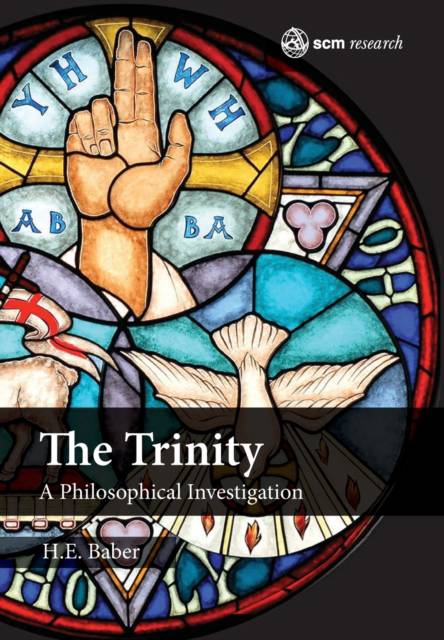
- Afhalen na 1 uur in een winkel met voorraad
- Gratis thuislevering in België vanaf € 30
- Ruim aanbod met 7 miljoen producten
- Afhalen na 1 uur in een winkel met voorraad
- Gratis thuislevering in België vanaf € 30
- Ruim aanbod met 7 miljoen producten
Zoeken
€ 127,95
+ 255 punten
Omschrijving
The doctrine of the Trinity developed in response to a range of theological interests--among them the project of reconciling claims about the divinity of Christ with monotheism and massaging Christian doctrine into the ambient (largely Platonic) philosophical framework of the period. More recently the Trinity doctrine has been deployed to promote normative claims concerning human nature, human relationships and social justice. During the past two decades analytic philosophers of religion have increasingly engaged with the doctrine. There are, however, a number of foundational questions that have not been addressed in the philosophical literature. The Trinity: A Philosophical Investigation considers the competing accounts of the Trinity doctrine, whether orthodox or heterodox, and aims to respond to objections and explicate their motivations and entailments.
Specificaties
Betrokkenen
- Auteur(s):
- Uitgeverij:
Inhoud
- Aantal bladzijden:
- 256
- Taal:
- Engels
- Reeks:
Eigenschappen
- Productcode (EAN):
- 9780334057253
- Verschijningsdatum:
- 30/06/2019
- Uitvoering:
- Hardcover
- Formaat:
- Genaaid
- Afmetingen:
- 156 mm x 234 mm
- Gewicht:
- 485 g

Alleen bij Standaard Boekhandel
+ 255 punten op je klantenkaart van Standaard Boekhandel
Beoordelingen
We publiceren alleen reviews die voldoen aan de voorwaarden voor reviews. Bekijk onze voorwaarden voor reviews.








